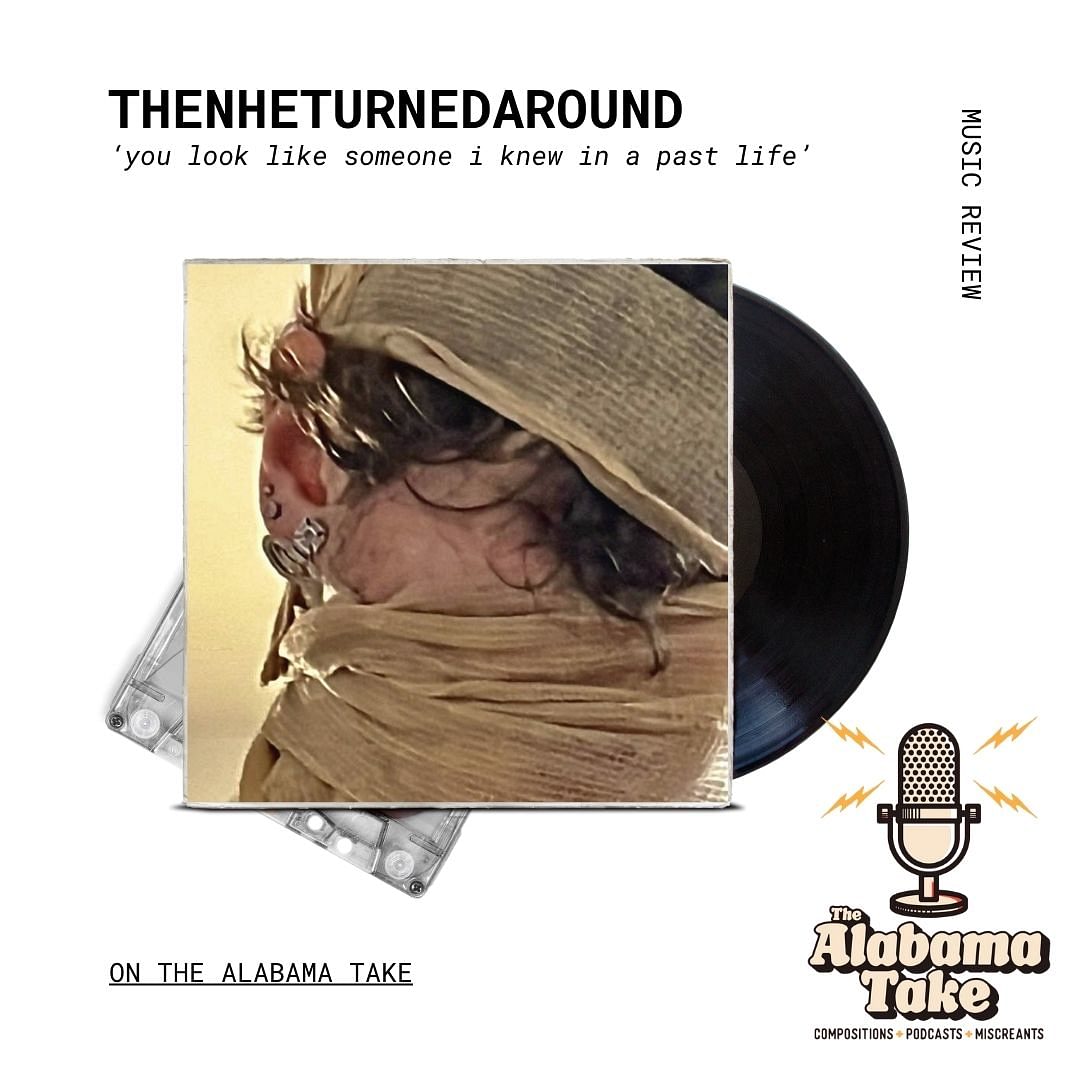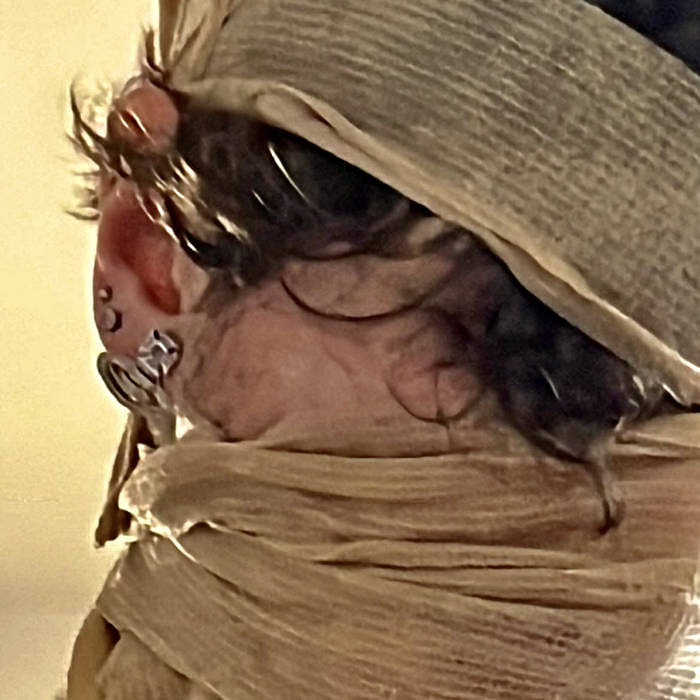
Since John Henry faced the drilling machine, humanity has been at odds with machine.
Now our machines aren't merely replacing Man as worker but as social creature. It's that distinct sort of loneliness that Montreal's Adam Ben David as thenheturnedaround reckons with in his album 'you look just like someone i knew in a past life.' His moniker brings to mind 2 Kings 2:24, particularly the Berean Standard Bible's version: "Then he turned around, looked at them, and called down a curse on them in the name of the LORD." It is the open-minded Bereans whom Paul and Silas visited during Paul's second missionary trip.
The trip here is that of escape: escape from the curse of loneliness, from desolation brought about from screens.
Ben David manages to create a sense of disconnect and the eeriness of being otherworldly through clips of conversations, computer blips, layered vocals, heavy use of auto-tune, and stylings associated with rap and pop.

He replicates the turmoil of disconnection better in some than in others. The highlights of the trio of compositions of "charcoal.cries()!;" "bask+" and "homes, yellow" use the disparate sounds of an acoustic guitar, auto-tuned vocals, synthesized interruptions, and a variation on polyrhythmic beats. In these, David gives uncertainty a sound as well as encapsulates an annoyance at the state of being appreciative of technology but enslaved to it: his use of auto-tune paints the picture.
At some point, though, the diverse elements need to coalesce into an argument rather than a laundry list of what ails us all. "pop hit" unfortunately reproduces the very genre of art it strives to satirize; the spoken-word exclamations of "Big Slay!" and "Goblin!" in "yeah, noted" do little more than remind listeners of how annoying and ridiculous slang can be without further commenting on its ubiquity and eventually turns into two bass lines which play more like someone letting the tape run during cigarette breaks rather than any actual song.
In all, the album works well as first draft and in its best moments is reminiscent of Johnny Greenwood's work with The Smile. Without some endpoint, though, in either sound or lyrics, the entirety seems still wafting in the ether, where our bodies likely will be stored anyway in this digital age.




